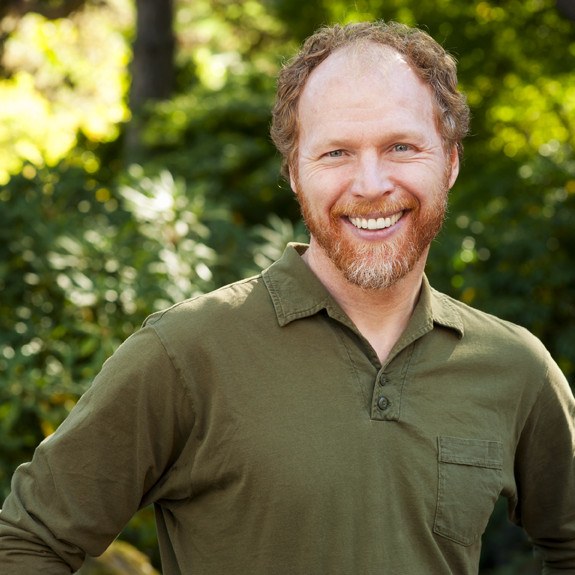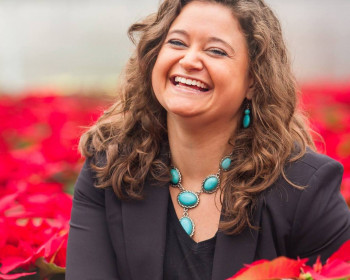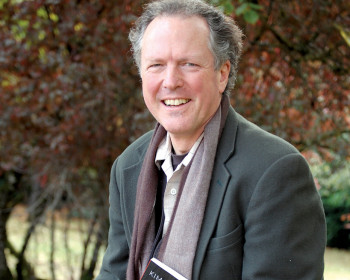Professor contributes to sustainability action plan for education
Every day, Americans go to school as students, teachers, staff, or administrators, in dilapidated buildings with unsafe toxins, dwindling budgets, and outdated technology. To overcome these limitations, the Center for Green Schools has launched a national action plan for educating for sustainability. The plan, which addresses both the curriculum and facilities management of schools, provides a series of actions to ensure that by 2040 every student graduating from a K-12 school will be equipped to shape a more sustainable future.
Open gallery

Every day, Americans go to school as students, teachers, staff, or administrators, in buildings with unsafe toxins, dwindling budgets, and outdated technology. To overcome these limitations, the Center for Green Schools has launched a national action plan for educating for sustainability. The plan, which addresses both the curriculum and facilities management of schools, provides a series of actions to ensure that by 2040 every student graduating from a K-12 school will be equipped to shape a more sustainable future.
The plan brings together leading minds in the movement to educate for sustainability. A key voice is Thomas Doherty, director of Lewis & Clark’s ecopsychology certificate program and president of the American Psychological Association’s Division 34, the Society for Environmental, Population, and Conservation Psychology.
Quoted in the plan, Doherty said, “The idea of education for sustainability holds within it the opportunity to link the personal—in terms of identity, values, and empowerment—with the planetary in order to establish a more ecologically sound and just world.”
As a teacher, counselor, and member of the editorial board for the journal Ecopsychology, Doherty explores the connection between human health and the health of the planet. His work has been featured in the Oregonian, Sustainability, and the New York Times. He recently participated in the American Psychological Association’s climate-change task force, which produced a report urging psychologists to limit the effects of climate change.
Caleb Diehl ’16 contributed to this story.
Graduate Communications is located in room 205 of Rogers Hall on the Graduate Campus.
voice 503-768-6054
fax 503-768-6053
Graduate Communications
Lewis & Clark
615 S. Palatine Hill Road
Portland OR 97219

